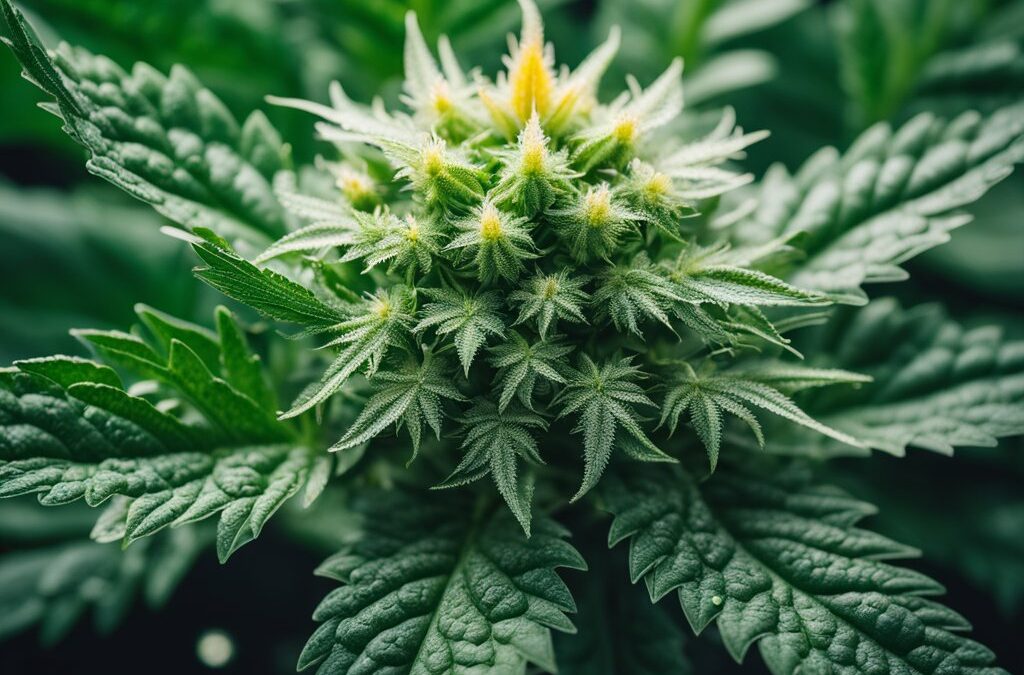The Role of Lab Testing in Ensuring Quality THC Cartridges for Consumers
The increasing popularity of THC cartridges as a convenient and discreet way to consume cannabis has brought about a surge in the demand for high-quality products. As more consumers turn to vaping, ensuring the safety and purity of THC cartridges has become a pressing issue. Lab testing plays a crucial role in this process by providing consumers with critical information about the quality, potency, and safety of the products they are purchasing. It is not only a safeguard for consumer health but also a vital measure to maintain trust in the growing cannabis industry. One of the primary reasons for lab testing THC cartridges is to verify their potency. With the wide range of THC concentrations available on the market, consumers rely on accurate labeling to understand the strength of the product they are purchasing. Lab tests measure the exact levels of THC and other cannabinoids, such as CBD, to ensure that the product matches what is stated on the label. This information allows users to select products that align with their preferences and tolerance levels, contributing to a more controlled and predictable experience. Lab testing also serves a critical function in detecting harmful contaminants.
 Because cannabis plants can absorb toxins from the environment, it is essential to test for heavy metals, pesticides, and residual solvents that may be present in the final product. Contaminants such as lead, arsenic, and mercury can pose serious health risks when inhaled. Additionally, the extraction process used to create THC oil can sometimes leave behind harmful solvents like butane or ethanol. Through comprehensive lab testing, manufacturers can identify and eliminate these dangerous substances before their products reach consumers, significantly reducing the risk of adverse health effects. Moreover, lab tests can detect microbial contaminants, including molds, yeasts, and bacteria. Inhaling contaminated products can lead to respiratory issues or infections, especially for individuals with compromised immune systems. Testing for microbial contamination ensures that cartridges are free from potentially harmful pathogens, contributing to a safer vaping experience. Given the moist environments in which some THC popular weed carts are stored, microbial testing is especially crucial for maintaining product integrity over time.
Because cannabis plants can absorb toxins from the environment, it is essential to test for heavy metals, pesticides, and residual solvents that may be present in the final product. Contaminants such as lead, arsenic, and mercury can pose serious health risks when inhaled. Additionally, the extraction process used to create THC oil can sometimes leave behind harmful solvents like butane or ethanol. Through comprehensive lab testing, manufacturers can identify and eliminate these dangerous substances before their products reach consumers, significantly reducing the risk of adverse health effects. Moreover, lab tests can detect microbial contaminants, including molds, yeasts, and bacteria. Inhaling contaminated products can lead to respiratory issues or infections, especially for individuals with compromised immune systems. Testing for microbial contamination ensures that cartridges are free from potentially harmful pathogens, contributing to a safer vaping experience. Given the moist environments in which some THC popular weed carts are stored, microbial testing is especially crucial for maintaining product integrity over time.
A less obvious, but equally important, benefit of lab testing is that it can detect the presence of counterfeit or unapproved additives in THC cartridges. The illicit cannabis market has been notorious for using cutting agents, such as Vitamin E acetate, which have been linked to serious lung injuries. Proper testing ensures that only approved ingredients are used and that any additives are clearly listed on product labels. This helps consumers make informed decisions and avoid unregulated products that may be hazardous to their health. From a broader industry perspective, lab testing helps maintain regulatory compliance. In many regions where cannabis is legal, regulations mandate that all cannabis products, including THC cartridges, must undergo testing before being sold. These regulations help create a standardized market where consumers can trust that the products they purchase meet minimum safety and quality requirements. This regulatory framework not only protects consumers but also encourages transparency and accountability among manufacturers.